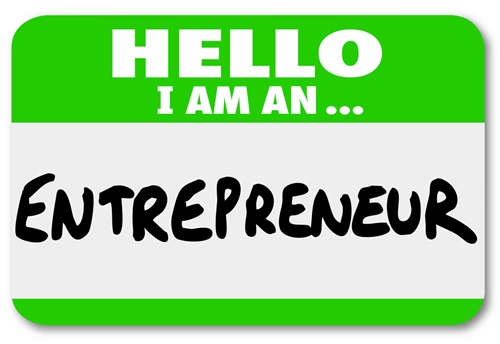When veterans return from active duty, they may choose to branch out and start their own businesses instead of joining the everyday workforce. While it takes grit and determination to take the lead and start a company, this is just the kind of mindset honed by military training and service. These new businesses can take any form, and seeing examples of a few that have succeeded, as well as noting the funding methods they used to get their start, could be inspirational for vets pondering the same kind of move. Companies just starting out now have the potential to go far in the years ahead.
Social connections, apparel, coffee and more
CNBC recently spotlighted several companies founded by veterans starting up around the nation. For instance, 82nd Airborne Division veteran Raymond Collazo has launched a social network for members of the film, stage and television worlds that will help individuals staff their productions. The startup is not his first project on returning from active duty – that was writing a movie about a veteran's post-deployment experiences. The process of filmmaking, and the difficulties therein, pushed him to create the social network.
According to the news source, Collazo gained support from services designed to get veteran-helmed startups off the ground. A collaboration between the New York State Small Business Development Center and law firm Cahill, Gordon & Reindel smoothens the founding process, with pro bono legal services and consulting knocking down roadblocks veteran entrepreneurs may encounter in their companies' early days.
Another of the company founders profiled by CNBC, 17-year Air Force veteran Robert Pricipato, launched his two companies without working with third-party organizations, though he did note that his base offered such services. Pricipato's two new firms are in different areas, one in the coffee business and the other an apparel provider. They do share a link, however – both companies are connected with programs raising awareness of high suicide rates among veterans and aiming to bring those numbers down. Pricipato told the source being mission-driven is a great asset in entrepreneurship.

The right skills
Syracuse University's Institute for Veterans and Military Families recently released a report on the connection between military skills and success as a company founder. According to the Salisbury Post, the study found that some of the abilities gained in military training – namely leadership and communication – can stoke an interest in leading a business. While confirming that there is a connection between veterans skills and founding companies, the study also pointed out that the challenges to becoming an entrepreneur remain. Businesses need capital and know-how to get going.
Thus far, veterans have done well in becoming company founders, despite the hurdles. The Syracuse research found that company ownership is more common among the veteran population than civilians who have never served. Also encouragingly, more women and ethnic minorities are among the latest wave of veterans founding their own companies. As for what's next for entrepreneurs with a military background, success rates may depend on the support systems that exist. For their part, the next generation of potential founders have the experience and abilities to succeed.

